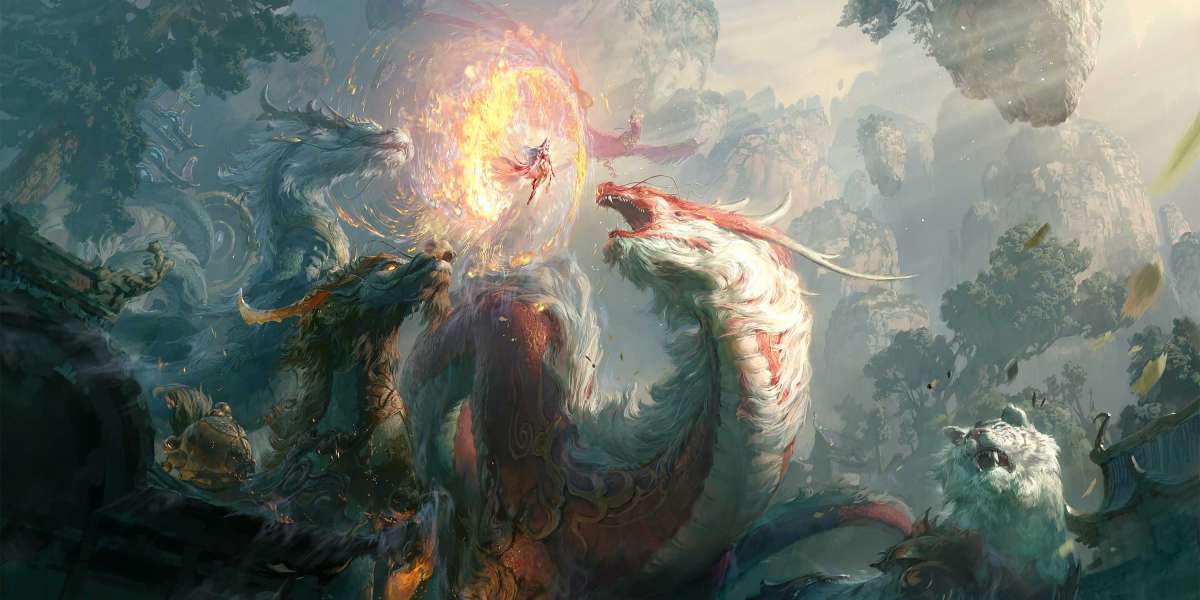Introduction:
In March 1966, a monumental event shook the foundations of Chinese society - the beginning of the Great Proletarian Cultural Revolution. Initiated by Chairman Mao Zedong, this socio-political movement aimed to revive the revolutionary spirit and consolidate Communist Party authority. Spanning over a decade, it was a time of immense social upheaval, political chaos, and a struggle for ideological supremacy. With passionate youth and fervent idealism at its core, the Cultural Revolution would leave an indelible mark on China's history. Let us delve into the key events and repercussions that unfolded during this transformative period.
The paragraph heading: The Spark that Ignited the Revolution
One of the most significant events occurred in March 1966 when the Beijing Normal University student, Nie Yuanzi, wrote a powerful political manifesto titled Big Character Poster. This poster, affixed on campus walls, boldly criticized the university officials for suppressing revolutionary enthusiasm and attacked those known as capitalist roaders within the Communist Party. Nie's bold act ignited the flame of rebellion amongst the students, inspiring millions across China to rally behind her cause and challenge the existing power structures.
As Nie's call resonated with the country's disillusioned youth, the Red Guards, consisting mainly of students, were formed. Led by Mao's wife, Jiang Qing, and other influential radicals, the Red Guards became fervent disciples of the revolution, unleashing a wave of fervor and chaos across the nation. Driven by their loyalty to Chairman Mao and fueled by a desire to eliminate perceived counter-revolutionary elements, the Red Guards targeted intellectuals, party officials, and anyone deemed ideologically impure.
This initial act of defiance by Nie Yuanzi and the subsequent rise of the Red Guards precipitated a nationwide movement that sought to purge China of its capitalist remnants and reestablish Maoist ideals. Schools were shut down, cultural institutions were attacked, and traditional Chinese values were challenged as the Red Guards sought to create a homogeneous revolutionary society.
The repercussions of these events were far-reaching, tearing apart families and friends as ideological fervor dominated every aspect of life. Numerous intellectuals were forced into labor camps or subjected to public humiliation, while the economy plummeted due to the disruption caused by the relentless pursuit of revolutionary purity.
The Great Proletarian Cultural Revolution left an indelible mark on China's history. It was a period of upheaval, fervent idealism, and struggles for power and authority. While it was ultimately declared a failure by Chairman Mao himself, the Cultural Revolution forever altered the social fabric and political landscape of China, leaving behind a legacy that still reverberates through the country to this day.








